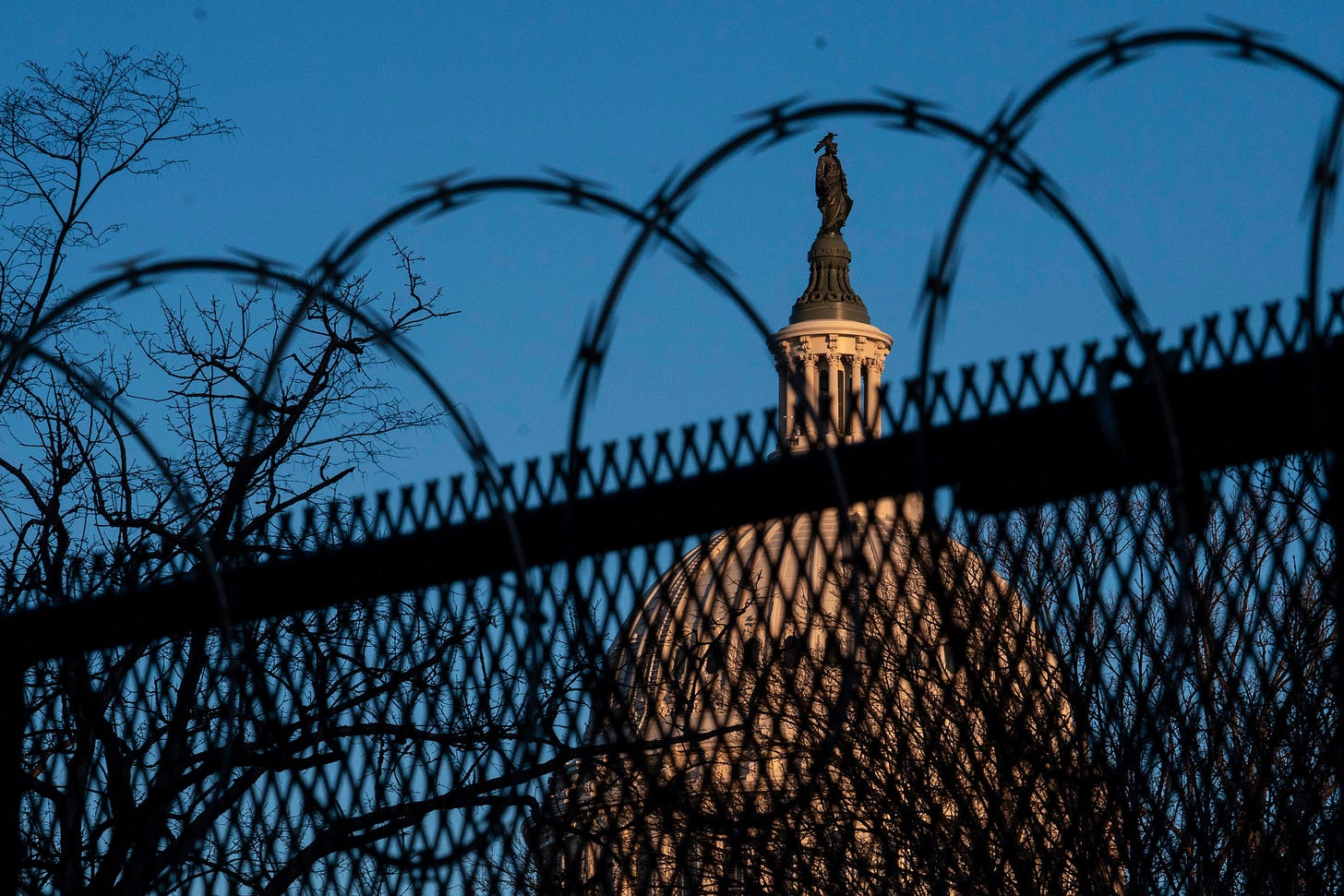Many verbs describe the work of a journalist: Report, investigate, break news. All these actions represent important elements of the craft. But they also unite in service to a more unifying ideal: To tell stories.
“Did you see the story in The New York Times yesterday?” you might ask.
“What story led the 'Evening News'?”
“That story was heartbreaking...infuriating...eye-opening...changed the way I look at things.”
Whether we're gathered around a campfire or curled up watching Netflix, stories are the means by which we share information, inspire action, remember the past, and prepare for the future.
Lawyers craft stories for juries. Teachers impart knowledge through stories. Art tells stories. And scientists have their own vocabularies for storytelling. Stories are the architecture by which we can stitch together otherwise disparate facts and incidents. They offer a means for deep connection between speaker and listener. They challenge our minds and speak to our hearts.
Stories are quintessentially human.
And this week, some of the most important storytellers in recent American history will gather to tell their tale from a rather unorthodox stage: the United States Capitol.
The live primetime hearings from the House committee investigating the violent insurrection of January 6, 2021, might as well be subtitled “Once Upon a Time.” The story of the events leading up to and then exploding on that day is unlike any I have witnessed in more than seven decades as a reporter. It is a grotesque mixture of the absurd and the dangerous. And it has left our democracy hanging in the balance, because this story's conclusion is as yet unwritten.
For those who have been following the committee's twists, turns, and leaks, there will likely be much in these hearings that is already familiar — although there is always the possibility of a stunning revelation.
But let’s be clear. What is already known about that day is damning enough to warrant judgment on those who encouraged and perpetrated a grave assault on American constitutional order. The demeanor of the president at the time, along with his words and actions (and, just as noteworthy, his inaction once the riot was in full swing), makes clear that without his incitement, there would have been no mob deployed to derail the peaceful transition of power. The insurgents attacking the Capitol were his henchmen, and he let them know it. We don’t need to guess at this. It’s all part of the public record.
Even if the committee has some bombshells up its sleeves, even if a witness divulges earth-shaking new truths, the primary objective of the committee will be to instruct the American public on exactly what happened, why it is so important, and how it must result in real consequences for those who are responsible. It is, in other words, a story that America needs to hear.
For those of us who lived through Watergate, we must resign ourselves to the reality that none of what we see will rival the 1973 hearings and how they gripped the nation. There are many reasons for this disparity — from our news sources to our collective attention spans to the fissures wrought by polarization. A perfect example is that Fox News will not be airing the hearings live (apparently accountability matters only if it involves Benghazi).
But the difference in how these hearings are conducted and perceived does not reflect their relative importance. The events of January 6 posed a far greater danger to national stability than the actions of President Nixon and his confederates — and that’s saying a lot.
The exercises that begin Thursday night are less for the scholars of the future than the voters, politicians, and law enforcement of the present. This is a story for which the ending will be determined by the choices of the electorate, by the actions of elected officials of conscience, and in the jurisdictions of state and federal prosecutors.
The essence of this story is simple: President Trump lost the 2020 election and tried to burn down American democracy to keep himself in power. We do need to better understand who knew about this nefarious plot, when they knew about it, and how they facilitated it. But the primary contours are not in dispute.
Will this story convince enough Americans to come together to demand and oversee accountability and change? Or are people so entrenched in their ideological camps that fostering consensus is impossible? Will those who continue to believe the lie-filled rantings of the former president (abetted by those cynically using those lies for their own benefit) prevail in weakening our country’s commitment to democracy? They very well could if these hearings are met with apathy and shrugs.
The committee members will try not to let this happen. If we care about justice, the rule of law, freedom, and democracy, we need to keep future historians from wondering how a grim tale of outrage and sedition went unheeded.
“Once upon a time in America, a would-be autocrat, defeated in a free election, incited an attack on the peaceful transfer of power…”




I’m looking forward to watching. I can’t help but think that those who agree with that treasonous act won’t be watching. They can’t bear to listen to anything that discredits trump. Driving through Kansas today on the way home from vacation, I noticed trump for president 2024 signs. Made me sick. This committee must indict him and those who helped by doing nothing, or raising a gust in salute( yes that would be you Josh Hawley). Each one is guilty of treason against our government.
Watergate stunned us. We were innocents back then. January 6th is way more important than Watergate. Unbelievable. We will be watching.